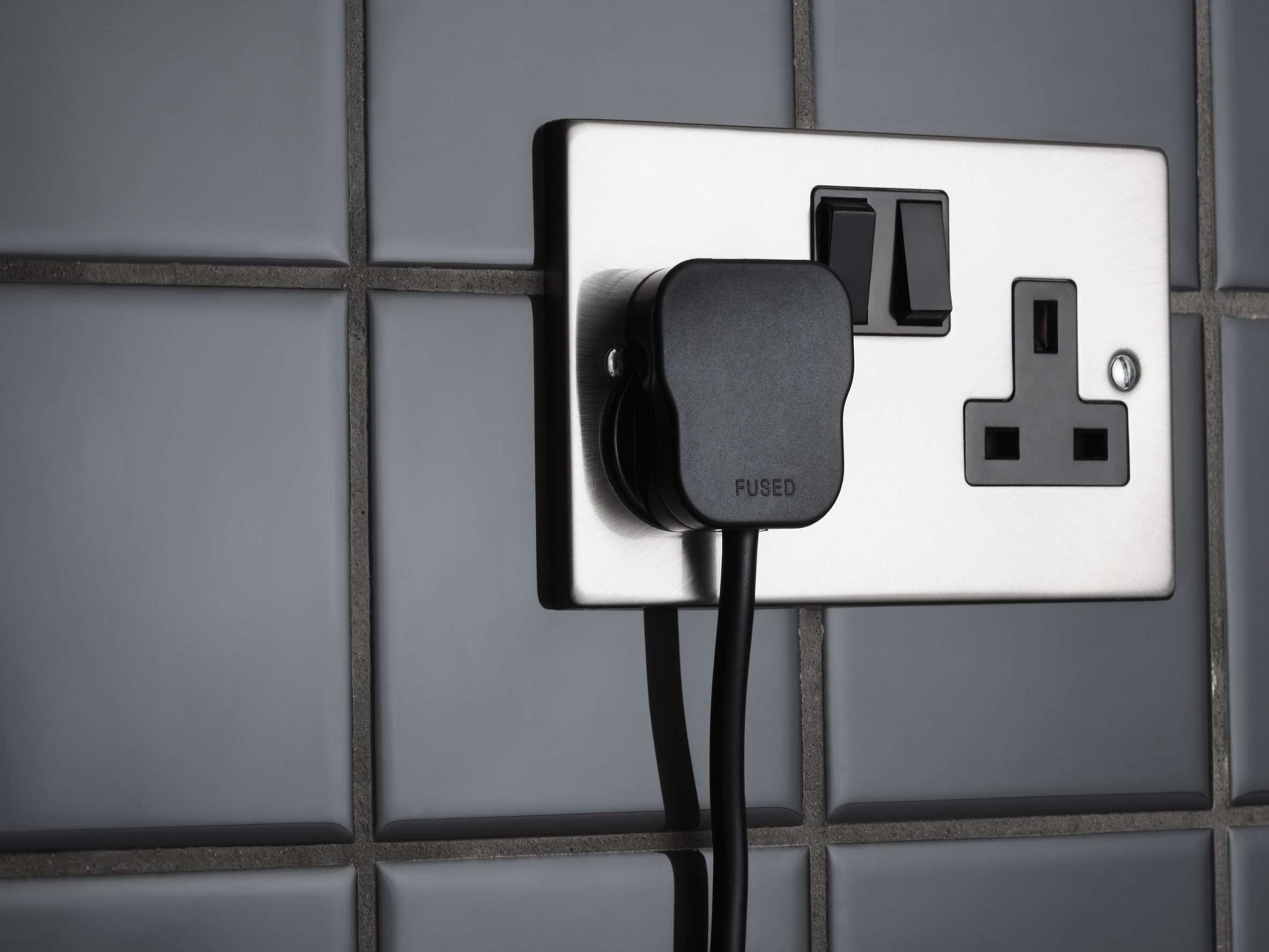Electrical Safety

Some 7,000 house fires are caused by faulty electrics, appliances, wiring and overloaded sockets every year in the UK.
How to avoid electrical fires
- Make sure an electrical appliance has a British or European safety mark when you buy it.
- Keep electrical leads and appliances away from water.
- Remember – one plug per socket. If you need more plugs than there are sockets, use a bar-type fuse adaptor.
- Unplug appliances at night or when you’re not using them to reduce the risk of fire – unless they are designed to be left on all the time (for example, a fridge or freezer).
- Keep electrical appliances clean and in good working order
Plugs and sockets – keep an eye out for the following:
- Hot plugs or sockets, scorch marks, fuses that often blow, or flickering lights – they are all are signs of loose wiring or other electrical problems.
- Badly wired plugs – any coloured wires sticking out could come loose and debris could also get into the plug.
- Overloaded sockets – plugging too many electrical appliances into one socket can lead to overheating.
- Check here to see if your sockets are overloaded.
For more safety information visit https://www.electricalsafetyfirst.org.uk
The risks with cables and leads include:
- Make sure the outer covering of all power leads is in good condition and replace if necessary if frayed or damaged.
- They shouldn’t be anywhere that they could be tripped over, or near water, cookers or other sources of heat.
- They should never be run under rugs or carpets where they can wear through without anyone noticing – position them elsewhere.
Appliances – you should never:
- Get them wet – this includes plugs and sockets, e.g. don’t put a vase of flowers on top of the TV.
- Leave them on at night – unless they are designed to be left on, e.g. freezers.
- Put anything in the microwave that is made of metal, or has a metallic finish or parts.
- Our advice is to never use tumble dryers and washing machines overnight; there is a risk of fire if these appliances develop a fault and if this happens when people are sleeping, the risk to life is far greater.
Chargers – our recommendations:
- Make sure you follow instructions for all electrical devices and that you use the correct chargers in line with the manufacturer’s guidance. If the wrong charger is used for an electrical device, the internal battery can’t handle a different voltage and it can catch fire.
- Stop using a charger if you suspect that it is faulty or fake.
- Do not use a charger if you have to force it into the wall socket, and don’t use it on an extension lead.
- Follow the manufacturer’s instructions on how long to charge a product.
- Always buy from an approved retailer or direct from the manufacturer of the same name as the device.
- When left plugged in overnight, chargers could overheat and cause fires.
- Particular fire risks are phones left charging on soft furnishings and covering a phone while it’s charging.